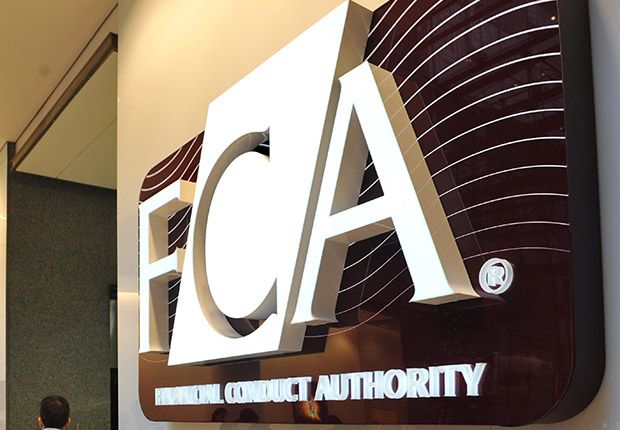
The Financial Conduct Authority has spelt out a new five-year plan that aims to cut regulatory costs and “refine the line between advice and guidance”.
The financial regulator’s strategy has four main themes: becoming a more efficient and effective regulator, tackling financial crime, building consumer resilience and supporting economic growth and innovation.
The plan was delivered by FCA chief operating officer Emily Shepperd at the TheCityUK National Conference in Birmingham.
However, the announcement also came as a group of cross-party MPs and peers branded the FCA as “incompetent” yesterday.
The politicians insisted that the watchdog too often fails to perform its oversight functions properly and they are demanding the regulator be overhauled.
Discussing economic growth and innovation in her speech, Shepperd said the regulator, “cannot grow the economy in and of itself, but there are ways we can facilitate that growth”.
The FCA aims to reduce the cost of regulation and states that domestic and international partnerships will be “key to shaping this”.
It will also support innovation, to facilitate “a more productive and competitive sector”, building on existing work such as the regulatory sandbox, which tests new products.
Shepperd said: “Our AI Lab will help firms overcome challenges in building and implementing AI solutions, while supporting safe and responsible development.”
She pointed out that the body will also facilitate investment in the real economy, including the resolution of the advice guidance boundary.
“We have reformed public markets through changes to our listing rules, introduced greater freedom in how asset managers pay for investment research and proposed a public offer and admissions regime to replace the current prospectus regime. We plan to improve retail access to fixed-income markets,” she added.
In her speech, Shepperd highlighted that growth in the sector “is stronger and more sustainable when there is consumer confidence and the market has integrity – supported by healthy competition between firms”.
Focusing on consumer resilience, the FCA plans to ensure consumers have access to, and the confidence to use, appropriate products and services.
Shepperd said the FCA is “working to refine the line between advice and guidance, making the distinction clearer to help consumers understand their choices” using pensions as an example.
“Ultimately, we are seeking to build trust through greater consumer understanding – in a way that is mutually beneficial,” she added.
Finally, Shepperd discussed financial crime stating that it “harms consumers and businesses, and undermines trust in our financial system”.
While the FCA has seen positive results from its current strategy around financial crime, it will now “re-enforce partnership working, also looking internationally to achieve a further step change on the prevalence of financial crime”.
She added: “We have no intention of eroding the high standards the UK is known for. Financial crime not only harms consumers but is a drain on economic growth – it’s in all our interests to fight it.”
Shepperd also noted that the FCA are “open to ideas on how we can tackle financial crime more efficiently and proportionately, while maintaining the standards necessary to protect consumers and ensure trust in the system”.
Earlier this month, Chancellor Rachel Reeves told the Financial Conduct Authority it needs to “build more momentum” to free up regulation to allow financial firms to push for growth.
In a letter to the regulator, dated 14 November, Chancellor Rachel Reeves stated that it “should also consider how you can enable informed and responsible risk-taking by authorised firms and customers,” adding that despite moves to free up red tape “there is more to do to build momentum”.

